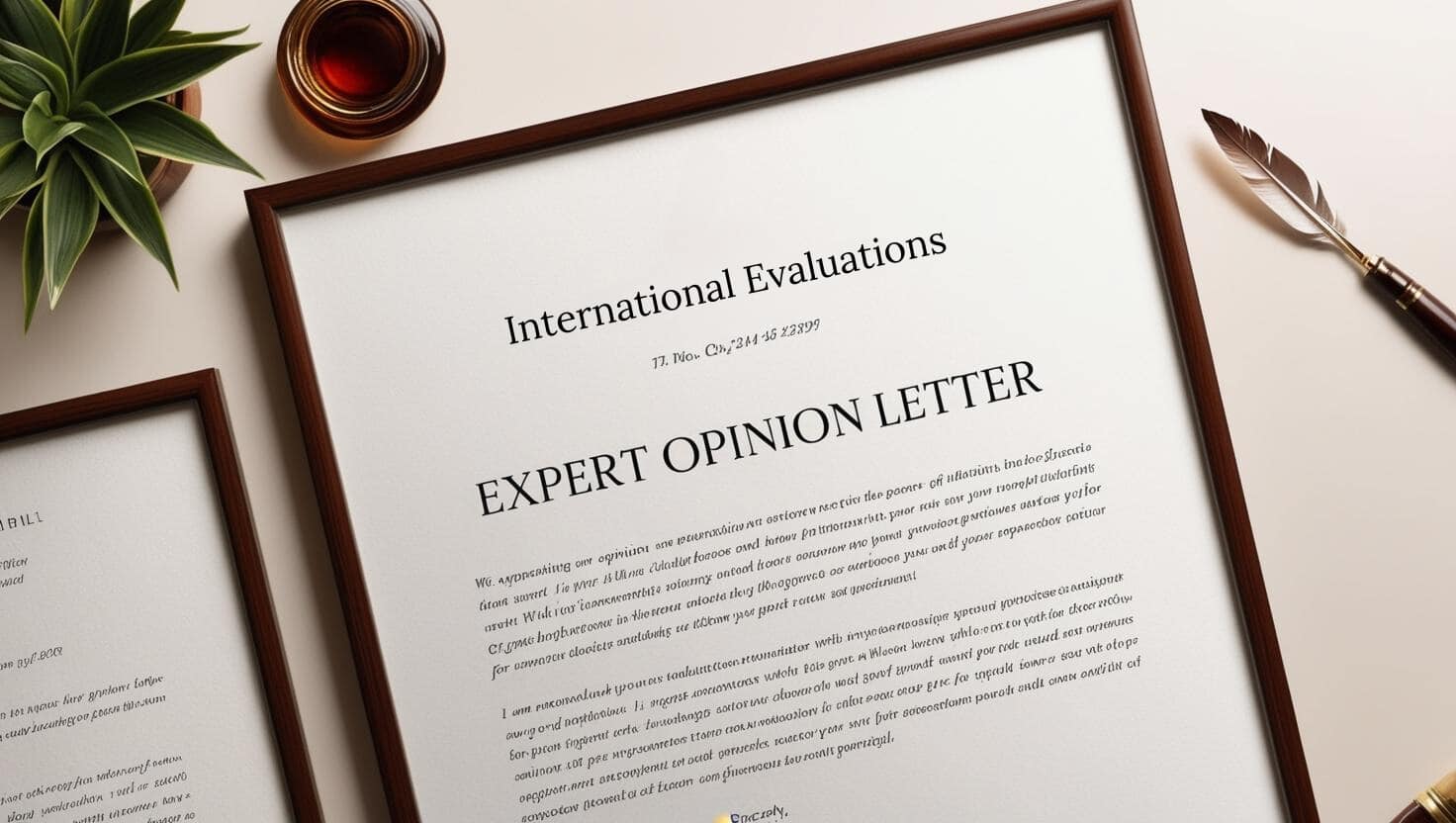Introduction
In today's globalized world, college credentials are significantly valued across nationwide boundaries. Many individuals look for to enhance their professions or go after academic chances in various countries, requiring a thorough understanding of their academic qualifications. This is where international credential analysis services entered into play, aiding both individuals and organizations in validating the authenticity and similarity of international academic credentials.
Among the various approaches of credential evaluation, the course-by-course credential evaluation sticks out as a precise approach that supplies a thorough evaluation of an individual's educational transcripts. This article will discover the nuances of course-by-course evaluations, detailing what they involve, why they are important, and just how they can impact one's job trajectory.
What is Course‑by‑Course Credential Evaluation?
Definition and Purpose
A course-by-course credential evaluation involves an in-depth assessment of each course detailed on a scholastic transcript. This analysis not only translates grades and credit histories yet likewise examines the web content and roughness of each training course taken by the student. The key objective is to identify just how these courses line up with educational requirements in one more country.
Importance of Course‑by‑Course Evaluations
Why is it essential to conduct a course-by-course analysis? For people intending to study or work abroad, this type of analysis can supply beneficial insights into just how their previous scholastic experiences convert in a brand-new context. It assists establishments in making https://cruzjrdn478.lowescouponn.com/browsing-the-global-educational-landscape-the-value-of-international-credential-assessment-services informed decisions concerning admissions, employing, or licensure.
The Process of Course‑by‑Course Credential Evaluation
Step 1: Paper Collection
The first step in any academic credential evaluation process is accumulating essential records. This commonly includes:
- Official transcripts Degree certificates Course syllabi (if readily available)
Having these papers ready streamlines the evaluation process.
Step 2: Evaluation and Analysis
Once files are collected, critics thoroughly review them for credibility and efficiency. Each course is analyzed based on several requirements:
- Credit Hours: How many credit scores were assigned to every course? Grades: What grades were achieved? Course Material: What subjects were covered?
Step 3: Comparison with Regional Standards
After extensive evaluation, evaluators compare the programs against neighborhood educational criteria. They might reference resources such as:

- National databases Accreditation bodies Institutional guidelines
This contrast assists identify equivalency levels for each course.
Step 4: Record Generation
Finally, evaluators assemble their findings right into a thorough report that describes:
Total debts earned. Equivalent courses at local institutions. Grading scales comparisons.This record works as an official document that can be offered to colleges or employers.
Benefits of Course‑by‑Course Credential Evaluations
Enhanced Understanding of Academic Background
One main benefit is that pupils gain clarity on how their worldwide education straightens with regional assumptions. This understanding equips them for better decision-making worrying refresher courses or task applications.
Increased Employability
Many companies require prospects to have actually reviewed credentials when taking into consideration applicants from abroad. A favorable evaluation can considerably enhance employability prospects.
Facilitates Admission to Educational Programs
For pupils desiring to sign up in degree programs, having a thorough analysis aids organizations evaluate whether applicants meet entry demands a lot more effectively.
Work Experience Assessment vs. Course-by-Course Credential Evaluation
What is Job Experience Evaluation?
A work experience evaluation focuses on analyzing professional experiences rather than academic accomplishments. It analyzes skills acquired with work rather than formal education.
Key Differences Between Evaluations
|Attribute|Course-by-Course Credential Assessment|Job Experience Assessment|| ---------------------------|---------------------------------------|----------------------------|| Emphasis|Academic courses|Professional experience|| Documents Needed|Transcripts and syllabi|Employment letters|| Outcome|Academic equivalency|Skill acknowledgment|
Understanding these differences assists people in choosing which sort of evaluation fits their needs best.


Expert Point of view Letters
Importance of Expert Point of view Letters
An expert viewpoint letter function as an additional layer of recognition for analyses, particularly when one-of-a-kind circumstances emerge-- like unaccredited organizations or non-traditional academic experiences.
How They Are Used
These letters can sustain applications by offering insights from professionals who assess qualifications based upon sector requirements or particular institutional requirements.
Common Mistaken beliefs About Credential Evaluations
Myth 1: All Assessments Are Produced Equal
Not all assessments hold the same weight; various companies have differing approaches and approval rates among institutions.
Myth 2: Only Degrees Matter
While degrees are important, numerous employers value skills gained through job experience just as-- and this highlights the significance of job experience examinations along with academic assessments.
FAQs Regarding Course‑by‑Course Credential Evaluation
What papers do I need for a course-by-course credential evaluation?- You normally require official transcripts, degree certificates, and potentially course syllabi if available.
- The period varies by service provider yet normally ranges from a couple of weeks to numerous months relying on complexity.
- Yes! Many companies acknowledge assessed credentials when making working with decisions.
- Generally speaking, of course; because of its detailed nature and comprehensive analysis.
- Not all; it's important to check details institutional demands before applying.
- It's ideal to clarify any kind of disparities with your organization before entry; critics might flag disparities impacting your assessment.
The Role of Different Stakeholders in Credential Evaluation
Educational Institutions
Institutions depend on exact examinations to admit qualified candidates while guaranteeing compliance with accreditation standards.
Employers
Employers use examinations to verify possible hires' certifications properly-- developing trust fund during recruitment processes.
Government Bodies
Some federal government agencies require credential examinations for immigration functions; thus playing an important function in worldwide mobility.
Conclusion
In summary, browsing the intricacies surrounding global education and learning calls for complete understanding and proficiency-- both discovered within the world of credential assessments especially concentrated on courses taken throughout one's academic trip. A course-by-course credential evaluation not only brightens private achievements however additionally cultivates chances throughout borders with boosted employability and academic access.
As globalization continues shaping our globe, spending time right into comprehending these nuances can confirm important for those looking towards worldwide horizons-- whether academically or expertly oriented! Always remember that you have alternatives available-- so make notified decisions concerning your future!